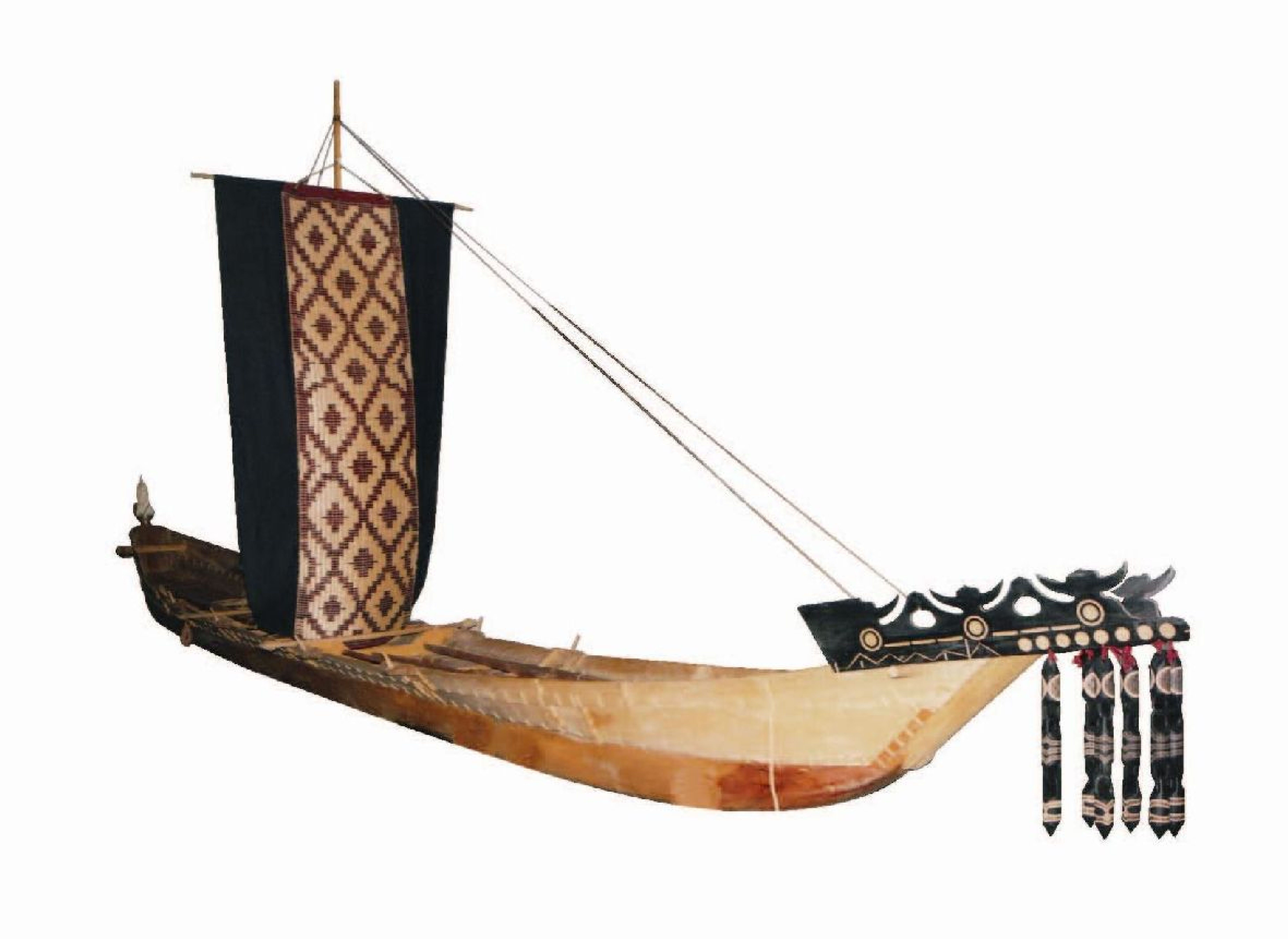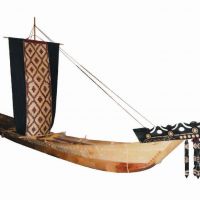In Europe there has been a rising interest in the Ainu — the indigenous people of the Kurile, Sakhalin and Hokkaido islands — and this has led to the collection of various late 19th- and early 20th-century reference materials on the culture.
Germany, in particular, acquired many ethnic artifacts from the Kurile Islands, of which this show displays 152 items and some 30 photographs from the Leipzig Museum of Ethnography and the Dresden Museum of Ethnology. Also on show is a collection of Ainu-related pieces from the collection of the National Museum of Ethnology, Osaka, which was assembled at the same time.
Held as part of the celebrations to commemorate 150 years of Japan and Germany's friendship, the exhibition explores the life of the Ainu people 100 years ago, as well early Japanese anthropology; till Dec. 6.
The National Museum of Ethnology, Osaka; (06) 6876-2151; 10-1 Senri Banpaku Koen, Suita; 15-min. walk from Banpaku Kinen Koen Station, Osaka Monorail Line. 10 a.m.-5 p.m. ¥420. Closed Wed., Nov. 24; open Nov. 23. www.minpaku.ac.jp.


















With your current subscription plan you can comment on stories. However, before writing your first comment, please create a display name in the Profile section of your subscriber account page.